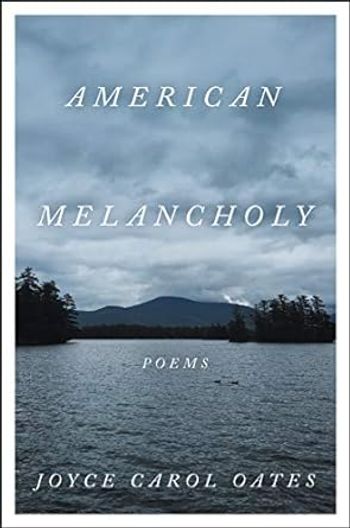
- Vol 32 No 10
- Volume 32
- Issue 10
The 10 Most Important Changes in Psychiatry Since 1945: An Invitation to Readers
The views of mental health experts on changes in psychiatric theory and practice since World War II.
At the end of 2014, the journal History of Psychiatry celebrated the 25th anniversary of its founding by asking several members of its editorial board to share a few thoughts about the field. The articles, published in the December 2014 issue, provide a glimpse not only into the past, but also into the present state and future of research about the history of “madness” and psychiatry.
One of the more intriguing essays in the volume was by Mark Micale.1 The University of Illinois Professor of History is the author and editor of a number of influential books on the history of psychiatry, most notably Hysterical Men: The Hidden History of Male Nervous Illness.
More recently, Micale undertook an intriguing investigation. Over the course of 3 years and during his many professional travels, he took the opportunity to survey about 200 mental health experts in North America, inquiring after their views on changes in psychiatric theory and practice since World War II. Using an informal questionnaire, he offered his respondents-who included internists, psychiatrists, psychoanalysts, psychologists, nurse practitioners, social workers, mental health counselors, art therapists, and hospital administrators at various stages in their careers-no prompts and did not ask them to rank their responses. What he found is quite interesting (Figure).
What generally was left out by most respondents is perhaps just as noteworthy. Genetic research, the rise of mental health patient rights organizations, the anti-psychiatry movement, the spread of somatic treatments such as ECT, and changes in laws that govern psychiatric work all popped up only sporadically in responses. And perhaps unsurprisingly, Micale found that older professionals tended to cite earlier developments, while younger ones tended to invoke more recent historical changes.
Following Micale’s lead, then, it might be instructive to hear what readers of Psychiatric Times think. What changes do you consider the most important since 1945? What do you make of the list? Why do you think some items made the list, while others did not? What, if anything, do the results say about the attitudes of mental health professionals about their work and social status today? Feel free to leave your comments below.
Disclosures:
Dr Eghigian is the History of Psychiatry Section Editor for Psychiatric Times. His full bio can found
References:
1. Micale MS. The ten most important changes in psychiatry since World War II. Hist Psychiatry. 2014;25:485-491.
Articles in this issue
over 10 years ago
Forensic Psychiatry: An Essential Major Subspecialtyover 10 years ago
Parents Who Kill: Clinical and Legal Perspectivesover 10 years ago
Children of High-Conflict Divorce Face Many Challengesover 10 years ago
The Intersection of Geriatric and Forensic Psychiatryover 10 years ago
Forensic Evaluations: Testamentary Capacityover 10 years ago
Addiction, AIDS, and NIDA’s Overseas Programover 10 years ago
Climate Change and Mental Healthover 10 years ago
The Neurobiology of Psychotherapyover 10 years ago
Back to the FutureNewsletter
Receive trusted psychiatric news, expert analysis, and clinical insights — subscribe today to support your practice and your patients.







